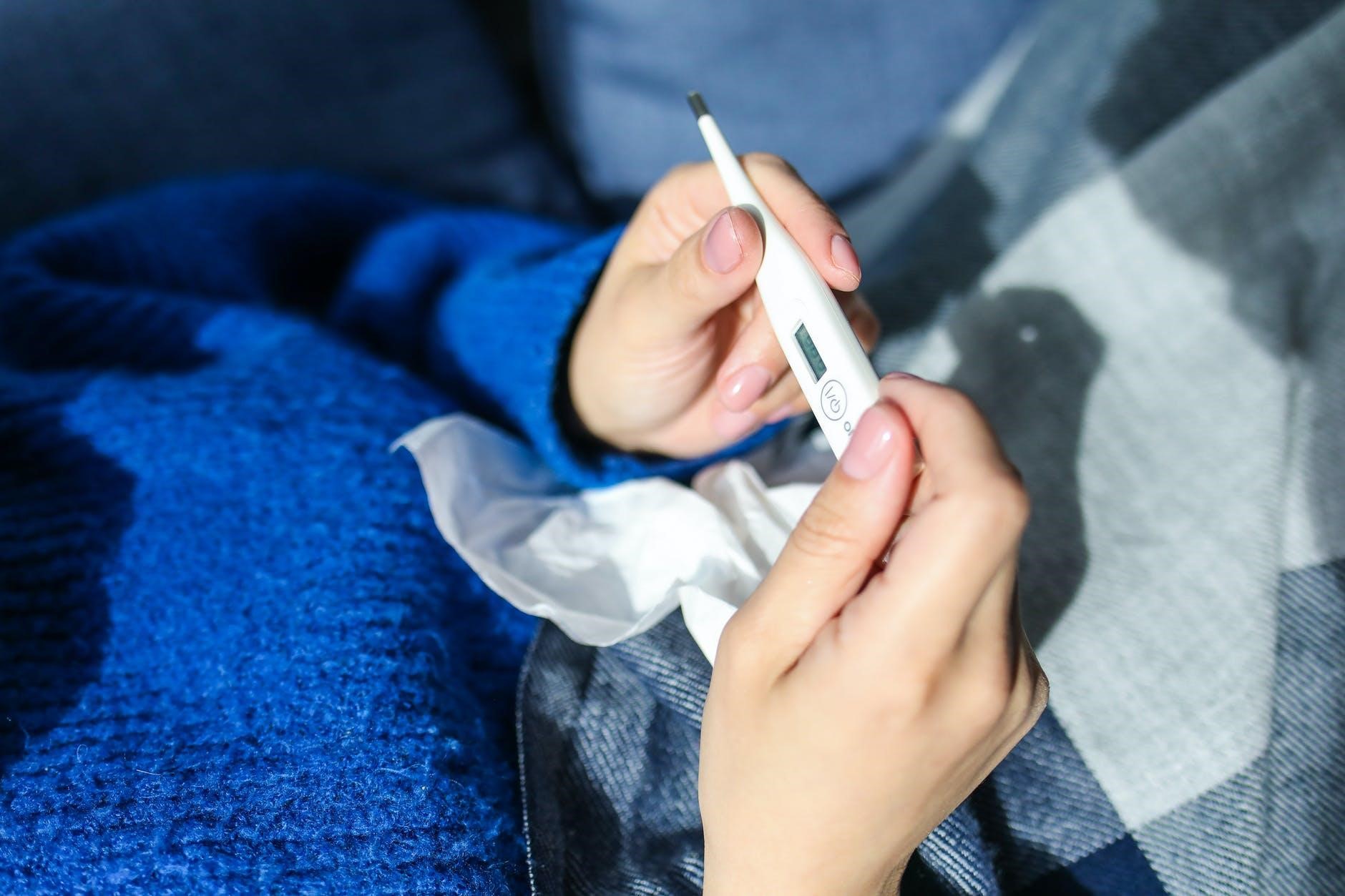Now Reading: Personal Injury Law During A Global Pandemic: Can Someone Get Sued For Infecting People?
-
01
Personal Injury Law During A Global Pandemic: Can Someone Get Sued For Infecting People?

Personal Injury Law During A Global Pandemic: Can Someone Get Sued For Infecting People?
The Coronavirus is far from the deadliest outbreak there ever was. In fact, there are many other viruses that are far deadlier. That doesn’t mean that it isn’t dangerous. The aspect of the virus that causes the most concern is the fact that it is highly-transmissible.
The rate of the infection is what caused community-wide quarantines. With the death toll in the US rising, it’s clear that this is a virus that you definitely do not want to be infected with.
This now raises the question: can someone get sued for infecting people?
For example, passengers aboard a Japanese cruise ship, the Diamond Princess, became infected in February. Residents in a nursing home in Seattle also became infected—leading some to wonder whether or not establishments or even individuals can be sued for infecting people.
Compensation
Yes, someone can indeed be held liable for transmitting disease, but what exactly can a victim hope to gain? Claimants are entitled to compensation if the establishment failed to take the measures that are necessary to prevent the spread of infection.
As with most personal injury claims, the primary element that you need to prove in court is whether the defendant acted in a negligent manner, which caused the claimant to become infected.
Negligence
In order to prove negligence, there are four elements that a claimant needs to prove. These are given emphasis in the context of infectious diseases:
- That the defendant had a duty to prevent negligent transmission: While everyone is responsible for their willful acts, this is especially true for people and establishments that have a duty to protect the wellbeing of their patrons or clients.
- That there was a breach in that duty: To prove that there was indeed a breach of duty, the plaintiff needs to establish a connection between the defendant’s behavior, the injury, and the policies and measures placed by the defendant in order to prevent future infections.
Who Can Be Sued?
In the context of infectious diseases, companies are not the only persons that can be held liable for spreading disease. Individuals who are aware that they are carriers of infectious diseases can also be held liable for failing to take reasonable care in preventing the spread of the disease they carry.
This was demonstrated in Doe v. Roe (1990) 218 Cal.App. 3d 1538, 1541, where a defendant was held liable for transmitting Herpes.
The Richard Roe (defendant) was aware of his illness, proven by the fact that he suffered three Herpes outbreaks. Defendant and plaintiff had a sexual relationship over a four-month period. Defendant never disclosed that he had herpes, nor did he use a condom during intercourse.
The plaintiff in the case eventually contracted the disease, but unlike the defendant, whose symptoms only included lesions, she suffered severe symptoms such as high fever, swollen lymph glands, and painful lesions.
The court ruled in the plaintiff’s favor on the grounds that the defendant was not only negligent in failing to act reasonably to attempt to prevent transmitting the disease but was also deceitful in his failure to disclose his condition to the plaintiff.
This is not the only instance where an individual was held liable for transmitting an infectious disease. If you’ve experienced a similar situation, you might want to click here to learn more about the possible actions you can take.










